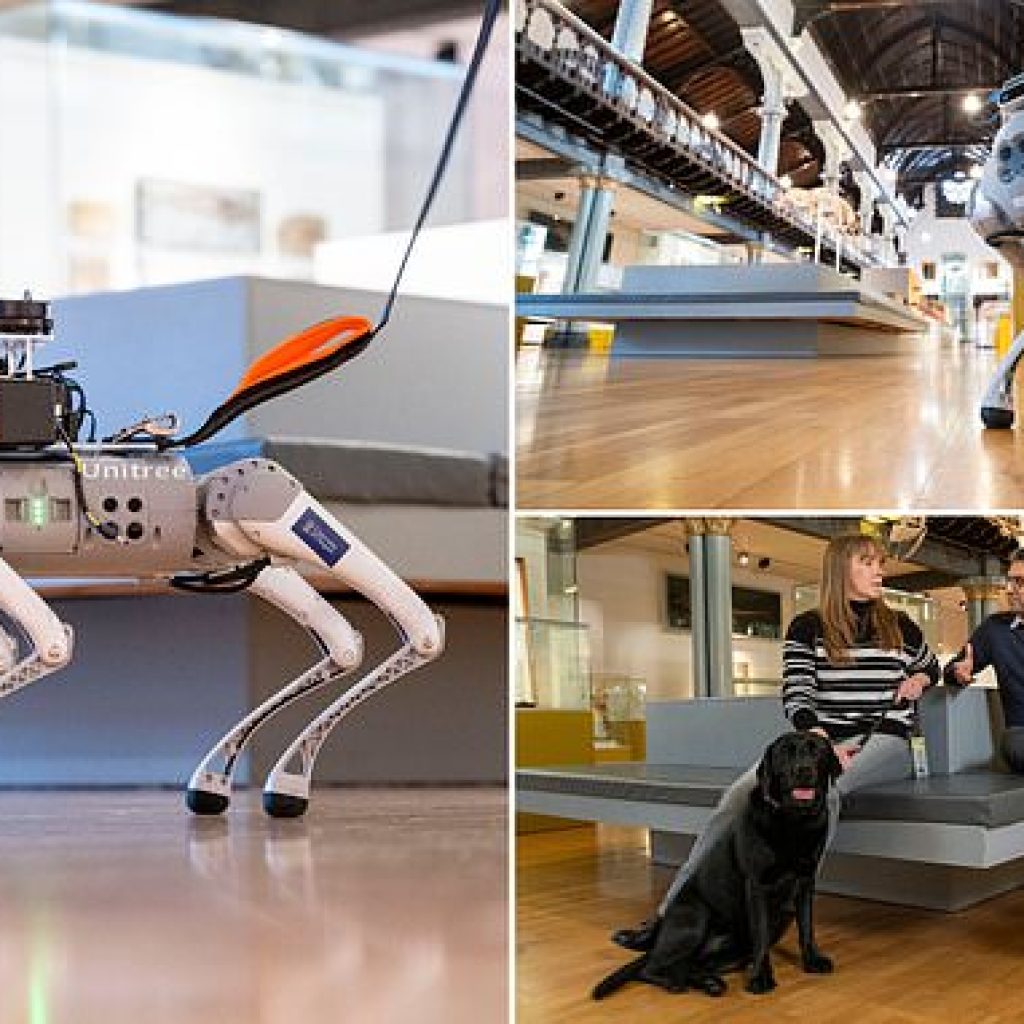In a world where newsrooms grapple with shrinking civic space and rising misinformation, the integration of artificial intelligence (AI) emerges as a double-edged sword. AI in Newsrooms, encapsulates the crux of a global conversation. The proliferation of AI tools, including ChatGPT and Bard, sparks ethical debates: Can they democratize news access, or will they become purveyors of bias and misinformation? In this exploration, we delve into real-world applications, from Zimbabwe to Macedonia, unveiling how media outlets navigate the ethical tightrope of AI integration.
AI’s role in democratizing news
In Zimbabwe, the Centre for Innovation and Technology (CITE) pioneers AI’s integration with the introduction of Alice, an AI-generated newsreader and avatar. During the election season, Alice played a pivotal role in profiling politicians and delivering daily news bulletins. CITE’s ethical approach, marked transparency, and commitment to content quality highlight the potential of AI to tailor information delivery to diverse communities.
Macedonia faces accessibility challenges, met with innovation by Gostivarpress.mk. With Internews’ support, they implement AI-generated text-to-speech technology, transforming every news story into an accessible audio version. The visually impaired community celebrates the initiative’s success, emphasizing the newfound accessibility and extended exploration of content by a broader demographic.
Accionar.io in Mexico pioneers Accionar.ia, merging ChatGPT-4 with custom datasets to streamline advocacy campaign design. The initiative’s efficiency slashes design time, empowering grassroots organizations to focus on implementation. Yet, challenges persist in ensuring that AI is perceived as a tool for empowerment rather than replacement.
Newsroom collaborations for ethical best practices
In Zambia, Internews initiates a groundbreaking research project examining AI practices in newsrooms. Inspired by training programs addressing AI ethics, the project aims to understand the needs of Zambian journalists. The focus on culturally relevant datasets and ethical AI practices positions Zambia to harness the transformative power of AI in journalism.
In the Philippines, a unique collaboration unfolds as national media entities and local agencies unite to create an ethical AI framework. The success of this unprecedented cooperation underscores the universal challenge posed by AI. The framework, well-received and committed to by participating organizations, signals a shared dedication to responsible journalism amid technological advances.
AI in newsrooms – Allies or adversaries in ethical journalism?
As AI technologies redefine the future of media, concerns about destabilizing ethical reporting and deepening societal inequalities persist. Microsoft President Brad Smith’s perspective resonates: every technology is a tool or a weapon, and responsible management is imperative. The ongoing discourse invites us to view AI as a tool, with Internews leading the charge to wield it ethically, ensuring its potential to democratize information is realized.
In the evolving landscape of AI in newsrooms, the question persists: friend or foe? The innovations showcased, from AI-generated avatars to ethical frameworks, paint a nuanced picture. As we navigate the intricacies of responsible AI integration, the challenge lies in empowering communities and setting ethical standards collaboratively. How can newsrooms globally strike the delicate balance between technological progress and ethical journalism, ensuring that AI becomes a catalyst for positive change rather than a source of division and misinformation?





